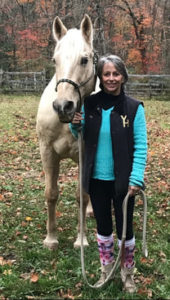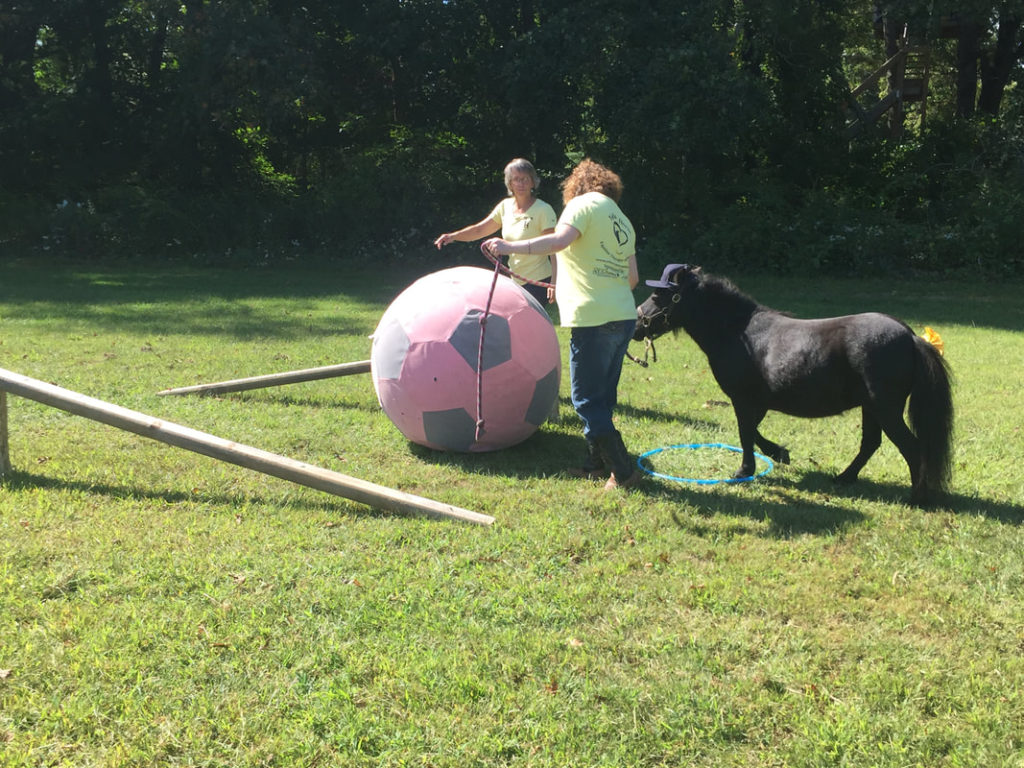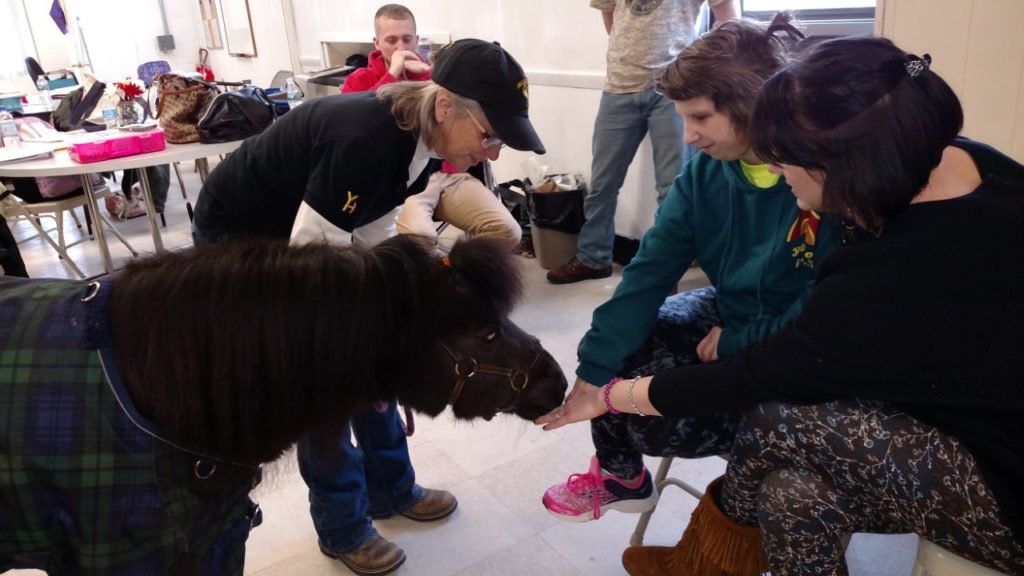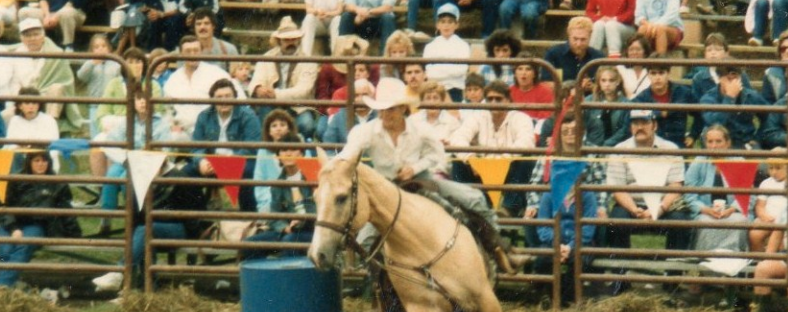
Joye Briggs of the Yellow Horse Equine Therapy Program has been riding horses since she was five-years-old, an activity that transformed into her lifelong passion and career. At the age of 15, she began to teach her neighbors to ride and she is now working towards becoming a hippotherapist, a health care professional who has clients work with horses to engage sensory, neuromotor and cognitive systems to achieve functional outcomes.
Joye worked part-time when she first started her journey towards becoming a certified Equine Specialist in Mental Health and Learning. She volunteered at Pike Peaks Therapeutic Riding Center in Colorado, and working with patients and veterans with developmental disabilities further sparked her interest in the field of hippotherapy.
When she moved back to her home state of Rhode Island, Joye gained more experience by volunteering with High Hopes Therapeutic Riding. There, an educational instructor helped her start on the path to becoming a certified instructor. Because of her extensive experience with horses, she began her training to become an equine specialist in 2012. Now, Joye helps with equine-assisted activities.

Joye finds the changes made in students’ mobility and mentally inspiring. Their cores are physically strengthened from riding. “The way the horse moves,” she says, “it is much like a human moves. Lateral and strong in the core.”
Joye has witnessed firsthand the great effect that this type of therapy can have on patients. For example, a non-verbal riding student who wasn’t walking was able to take steps after a few months of hippotherapy. In another instance, Joye worked with a young boy who was not able to distinguish between right and left, and he is now able to steer horses through obstacle courses.
Joye told us that the horses can help nonverbal patients learn to communicate. She worked with a young man who was nonverbal and on the spectrum. He didn’t talk to people, but every now and then, she would see him talk to the horses and communicate with them. Joye also worked with a nonverbal four year old. When her team works with kids that young, they teach them to say “walk on” in order to start riding. The child was working with a speech pathologist, but now can say “walk on” very clearly.

Joye suggests that if you want to become a hippotherapist, you need to become very familiar with horses. Finding a certified, reputable riding instructor, especially one that is PATH certified, can help. Additionally, gain some volunteer experience with a therapeutic program.
Eventually, you will also want to get PATH certified. You will have to take several tests, plus have 20 hours of mentoring and teaching underneath a certified instructor. You can do it online or go to classes in person. You are given one year to get phase one completed and then another year to complete phase two.

Joye’s non-profit is grassroots and has been a huge learning experience. As time goes on, she keeps getting more horses and students. “For this career, you need to have passion and a great support system – that is my husband and my kids.” Her daughter Emily, an occupational therapy assistant, serves as Co-Founder and Vice President and has helped her grow the program.
Joye is currently traveling to local high schools to recruit volunteers for community service. This way, students can start getting the hands-on experience they need. “I was 12 years old and I was a working student,” Joye says, “and I just had that passion. It taught me responsibility and all the care that goes into taking care of these horses and ponies.” Not only is Joye well on her way to becoming a hippotherapist, she is helping to groom the next generation of students in this health care field.
Check out Yellow Horse Equine Therapy Program to learn more about Joye and her non-profit.
